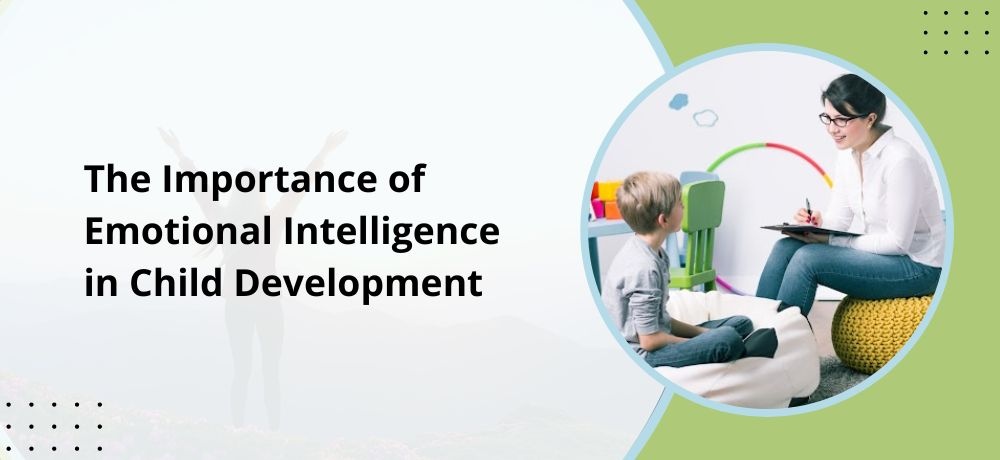As parents, we want our children to develop in all areas of life, including emotionally. Emotional intelligence (EI) is the capacity to manage one’s own emotions and the emotions of others, and it plays a crucial role in children’s overall well-being, success, and social relationships.
At Milestones Psychology, we have professional experts who can help you teach about emotional Intelligence and why is it so important to balance your life. In this blog post, we’ll explore the importance of emotional intelligence in child development and provide helpful tips for parents to foster emotional intelligence in their children.
Emotional Intelligence is a Predictor of Success
Studies have shown that emotional intelligence is an even bigger predictor of success than academic intelligence. According to research, children who are emotionally intelligent are more likely to have better academic achievement, higher social skills, improved mental health, and better-coping mechanisms. As children grow and progress through different stages of their lives, the ability to manage emotions becomes even more important in developing strong relationships both socially and academically.
Emotional Intelligence Fosters Empathy
Empathy is an important trait that enables children to relate to others and understand their perspectives. Children who develop emotional intelligence have a better understanding of their emotions, enabling them to empathize more effectively with others. This is important in situations in which an understanding of another person’s emotions can break down barriers, build relationships, and foster a sense of trust. This is key to creating an environment in which all individuals feel valued and respected.
Emotional Intelligence Supports Healthy Self-Esteem
Emotional intelligence also has positive effects on children’s self-esteem. Children who understand their emotions and can manage them effectively develop a stronger sense of self. This also allows children to recognize and meet their own needs, resulting in greater self-respect and confidence. This enables children to approach challenges with resilience and strength, even when facing adversity.
Emotional Intelligence Helps Children Make Better Decisions
Emotional intelligence also plays a crucial role in decision-making processes. Children who have high levels of emotional intelligence can regulate their emotions to make better choices. With emotional intelligence, children are made to think clearly and act rationally, which reduces impulsivity and improves critical thinking. This is vital in helping children make well-informed decisions that can affect their own lives and the lives of others.
How to Foster Emotional Intelligence in Children
Parents can help foster emotional intelligence in their children through various means. First, parents can talk openly with their children about their emotions and encourage self-reflection. Also, parents can model healthy emotional expression and model positive behaviors throughout the home. Offering praise and reinforcing positive behavior while assisting children with problem-solving techniques can also enhance emotional intelligence. Parents can read stories with their children that touch upon emotions, and movies they watch can also help spark dialogue about feelings and ways to approach different situations.
Having a sizable emotional intelligence can help children develop a plethora of essential life skills. As parents, we can play a vital role in nurturing emotional intelligence in our children. By encouraging emotional growth in our children, we allow them to work on their emotions, empathize, and make better decisions. If you want to learn more about emotional intelligence, then contact Milestones Psychology, We assist you in making positive changes in your life, and you will soon be on the road to recovery, development, and a greater sense of self-awareness.
Get in touch with us today
To learn more about what we do, please click here. To contact us, please click here or book an appointment here.

